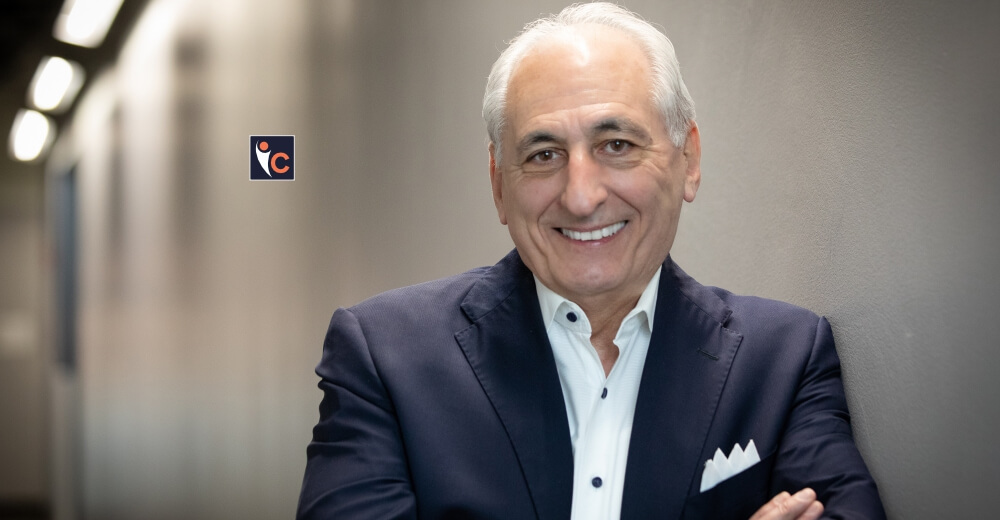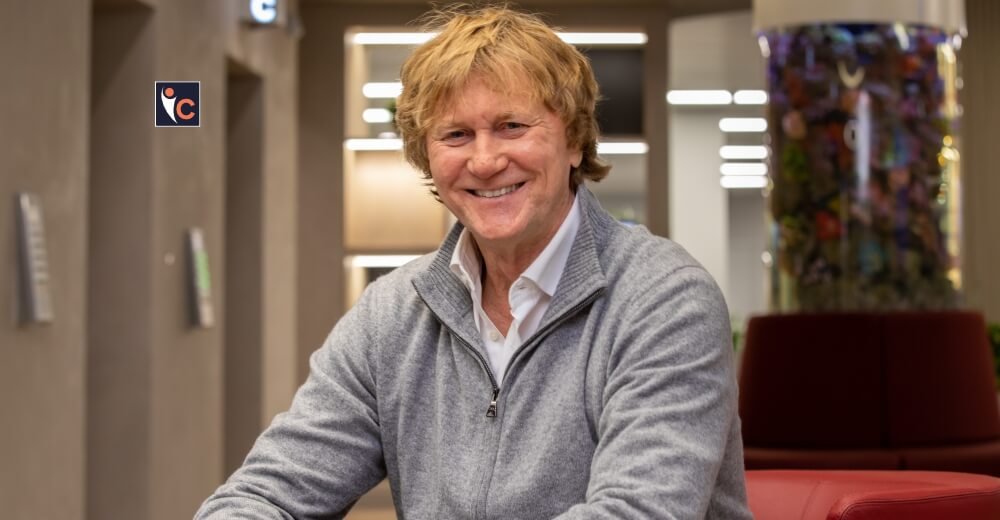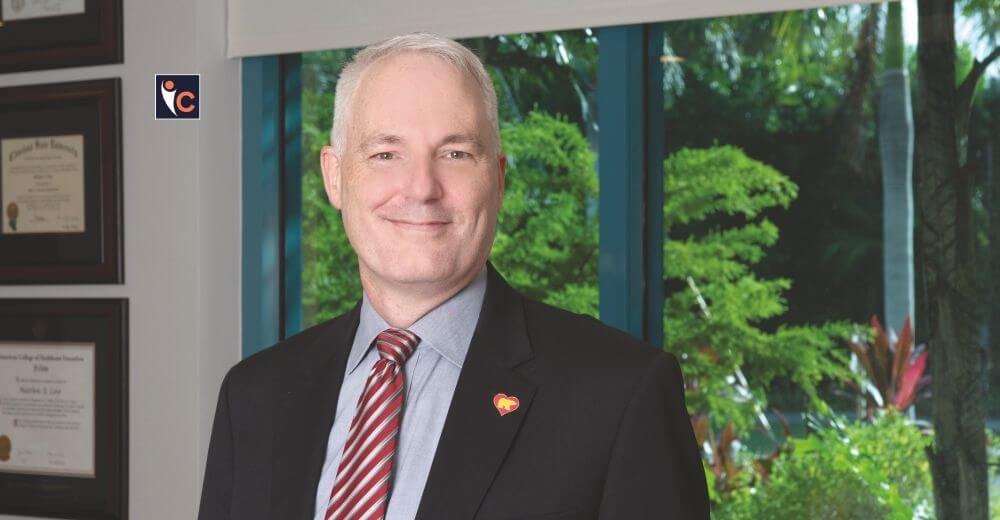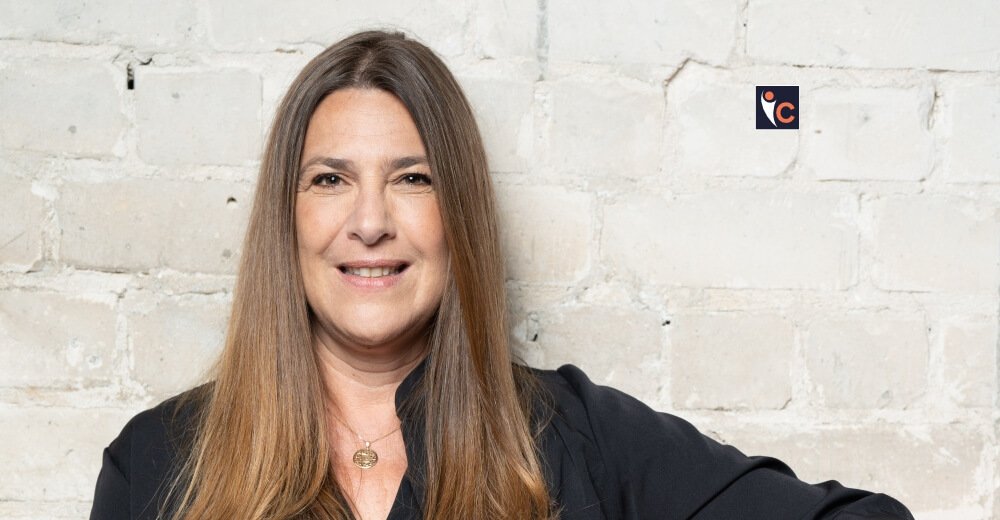Ever since its arrival technologies like artificial intelligence (AI) and machine learning (ML), have been progressively transforming numerous industries and sectors. The healthcare industry is no exception, as it is embracing and implementing these technologies into its systems and treatments. In fact, the healthcare field in particular is constantly seeking advancements in the treatment of critical illnesses such as cancer.
One organization that is leveraging the power of AI to bring novel solutions to cancer treatment is Predictive Oncology. It is a science-driven company that focuses on applying artificial intelligence and machine learning to accelerate the research, discovery and development of oncology drugs.
Predictive Oncology’s AI-driven drug discovery Patient-centric Discovery by Active Learning platform (PEDAL) applies scientific rigor and machine learning to utilize one of the world’s largest privately held biobanks of tumor samples to overcome the challenges of clinical trials and to improve the probability of success.
Another exceptional quality that makes them a leader among other drug discovery organizations is their collaboration with various biopharmaceutical companies. This allows them to test therapeutic compounds against a diverse biobank of over 150K tumor samples, enabling more informed drug/tumor type combinations.
Leading these efforts at Predictive Oncology is Raymond Vennare, Chief Executive Officer and Chairman of the Board. He has been involved in the biotechnology industry for more than thirty years. Losing close family members to cancer motivated him to work toward bringing effective solutions in cancer treatment.
Raymond and the team at Predictive Oncology consider the fight against cancer both personal and professional; and with a collaborative vision of ‘bringing hope to cancer patients,’ they are changing the landscape of oncology drug discovery.
While interacting with Insights Care, Raymond shared some fascinating details about Predictive Oncology, his professional tenure at the organization and its unique offerings that make it stand apart in the industry.
Here are some highlights about their journey that both enlighten and inspire:
Leading the Oncology Drug Discovery Space
Raymond considers this an exciting time for Predictive Oncology to be emerging as a leader in the oncology drug discovery space. He notes, “I firmly believe that the company now has the incredible opportunity to influence the way in which cancer drugs are discovered and developed and, in so doing, positively change the landscape of the billion-dollar biopharmaceutical industry in a way that has never been done before.”
He is also confident that Predictive Oncology is at a turning point in oncology drug discovery, and the company is at the forefront of that transformation. He credits this to the outstanding team of scientists, clinicians, computational biologists, software engineers, and laboratory technicians at Predictive Oncology who have dedicated themselves to enabling the industry to expedite drug discovery and develop better therapies to treat cancer.
It is this amalgamation of expertise and passion, supported by the company’s proprietary technology, that is leading Predictive Oncology down a path of innovation that will redefine the paradigm of oncology drug development moving forward. Their PEDAL platform incorporates patient heterogeneity far earlier in the drug discovery process, essentially looking five years into the future of drug development in advance of clinical trials.
The fact that their PEDAL platform is purpose-built makes it uniquely suited to mitigate risk at the most critical stage of drug discovery by confirming drug targets sooner, accelerating early-stage discovery, and enabling its biopharma partners to identify and replenish pipeline. They do this by applying artificial intelligence and rigorous scientific experimentation to the drug discovery process and by accessing samples in their own biorepository. Taken as a whole, these proprietary assets—in addition to a database of more than twenty-five years of historical drug response data—differentiate them in the marketplace.
Innovative Solutions Redefining Drug Development
Predictive Oncology’s flagship drug discovery engine is a powerful tool which, Raymond believes, has the power to make a significant impact on drug discovery and development. The PEDAL platform was specifically developed to address a significant challenge in the biopharmaceutical industry; that oncology drugs frequently fail in clinical trials, with some estimates approaching 97%. This occurs, primarily, because of the highly complex heterogeneity of the patient population which only becomes evident during clinical trials, no matter how well-designed those trials and protocols may be.
But what if scientists, researchers and drug developers could anticipate outcomes by introducing heterogeneity much earlier in the drug discovery process, well before the design or launch of any clinical trial? By utilizing PEDAL as a AI-driven decision-support tool, much of this is possible.
How it works
Success requires insight, innovation and cooperation. Insight and innovation rely upon domain expertise which, fundamentally, is the intellectual capital of Predictive Oncology. That intellectual capital is spent on collaborating with drug developers to design customized tests to optimize their drug discovery efforts. With those protocols and parameters in place, PEDAL is able to utilize a wealth of historical drug-response data, combined with first-party data provided by the partnering drug development team, to model outcomes based upon an initial set of predictions about drug-tumor pairings. The process uses rich data sets from their expansive biobank of tumor samples to evaluate drug-tumor pairing responses, and then test those modelled responses in their on-site CLIA facility. These wet-lab results inform subsequent rounds of AI predictions which are conducted and completed in a matter of weeks. This iterative process repeats until the prediction results stabilize from round-to-round based on the predetermined criteria.
This rigorous and methodical process of in silico and in vitro iteration allows drug researchers and developers to streamline and optimize the drug discovery process by bringing the human element in earlier—and to increase their odds of choosing drug candidates that will succeed in clinical trials.
The Role of Biologics
Raymond is quick to point out that the company’s biologics capabilities also play and important role along the continuum of research, drug development and clinical utility. This includes the optimization of formulation development solutions to more efficiently move biologics through the pre-clinical process, tumor drug-response testing and genomic biomarker testing to help clinicians identify more personalized—and therefore more effective treatment plans—for their patients.
Predictive Oncology’s biologics works with industry to improve the solubility and stability of challenging biologics, and their AI-driven formulation platform analyzes 4,000+ combinations using FDA-approved excipients to customize and optimize formulas. Moreover, products like EndoPrep™, which improves endotoxin detection, and EndoBind™, which binds to both ends of endotoxin contaminants, enable researchers to expedite and refine biologic development.
Not unlike the efficient predictive accuracy of the PEDAL platform for drug discovery, the company’s biologics capabilities enable them to effectively streamline and accelerate the formulation process, identify alternative and more viable formulations for commercial production and drug delivery applications.
Raymond’s Personal Journey and Professional Path
Having experienced the sequential loss of his father, mother and brother to cancer and, before that, the lingering effects of cancer on his grandfather and uncles, Raymond’s personal dedication to this cause became an inevitable professional commitment. That vision and mission resonates, not only with him, but with the entire Predictive Oncology team. Their collective purpose is clear: to reshape the landscape of oncology drug discovery, and to pave the way for a new era of discovery and the development of more powerful therapies in the fight against cancer. “Ultimately,” said Raymond, “we motivated by, and committed to, one overarching purpose, and that purpose is to bring hope to cancer patients.”
Not unlike his personal journey, Raymond’s professional path that led to Predictive Oncology was, in many ways, predictable itself. His long and prolific career in biotechnology has been cultivated over the past three decades which included the founding, funding and building companies as diverse as bioinformatics and diagnostics to therapeutic drug delivery and FDA-cleared medical devices.
After being appointed to the Board of Directors for Predictive Oncology in September 2021, then stepping into his role as CEO in November of 2022, Raymond has come to recognize the unmet needs in the marketplace, the growth potential for the company and the passion of the people who will make this all happen. “I understand the significance of what we do, how we do it and why it is so important,” he said. “Not only to researchers, clinicians, the biopharma industry but, most importantly, to the millions of patients living with, or dying from cancer.”
Prior to joining Predictive Oncology, Raymond served as CEO and Chairman of Cvergenx, Inc., a genomic informatics company developing decision-support tools for radiation oncology and, presently, is an Investment Partner at Inventeur, LLC—a holding company specializing in anesthesiology-based medical technologies.
Predictive Oncology’s Strategic Vision for the Future
The essential mission of Predictive Oncology resonates deeply with Raymond—an inspiration and aspiration to change the landscape of oncology drug discovery and enable the development of more effective therapies for the treatment of cancer. For him, it’s all about leading the way into a new frontier of drug discovery for the benefit of all.
Having built a solid foundation upon which their platform has been launched, Predictive Oncology is very well positioned to advance the convergence of artificial intelligence, active machine learning and scientific ingenuity to expedite drug discovery, enable drug development and move quickly, and more confidently, through clinical trials.










